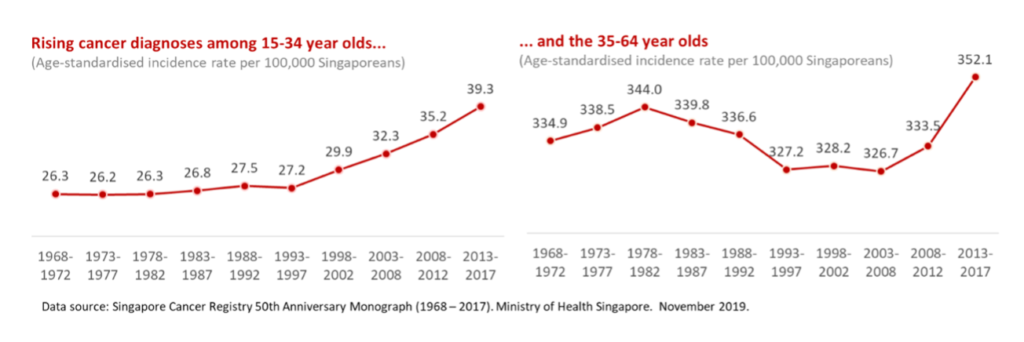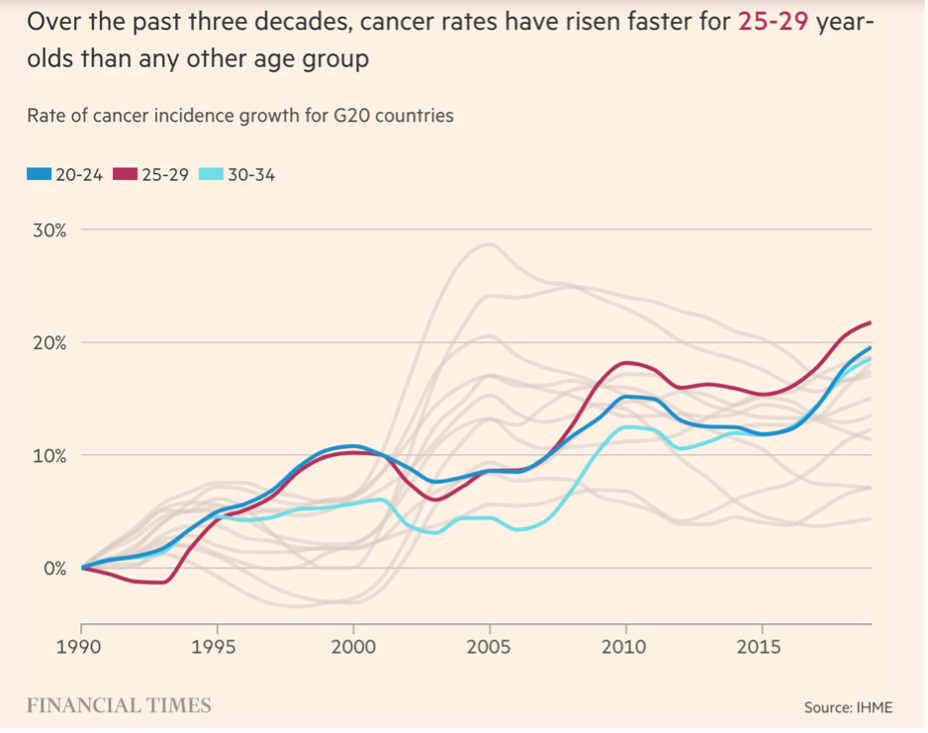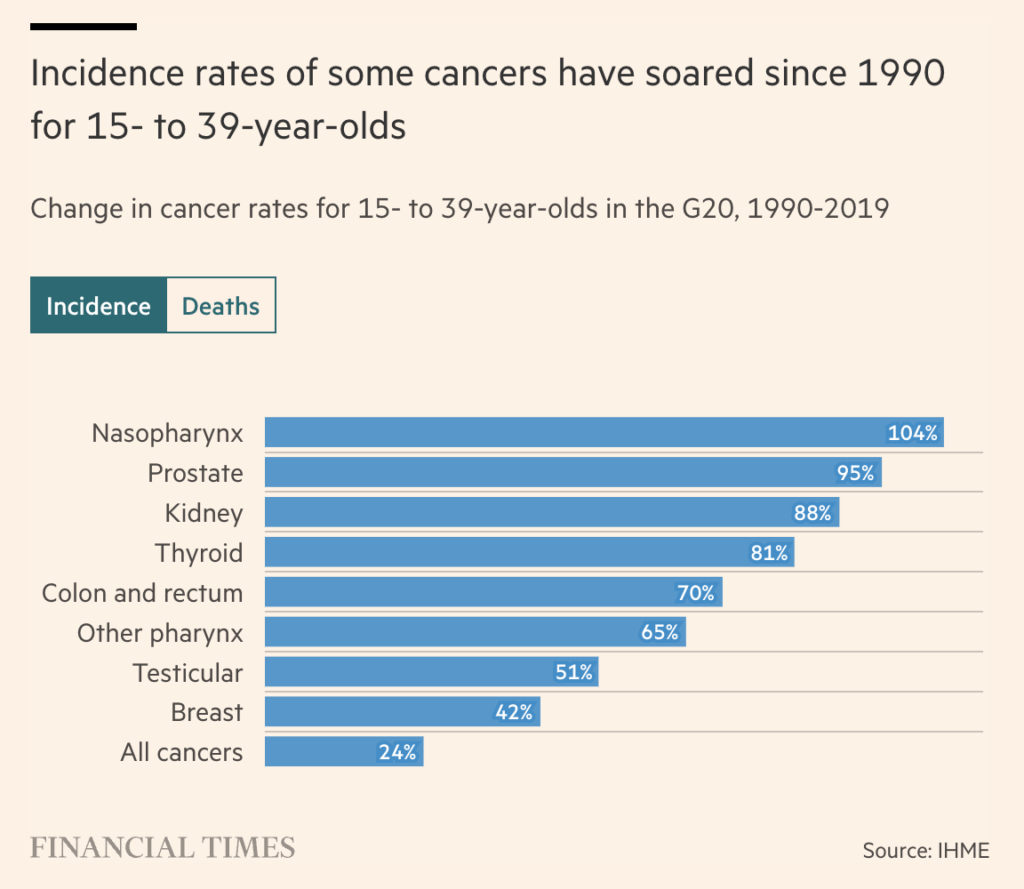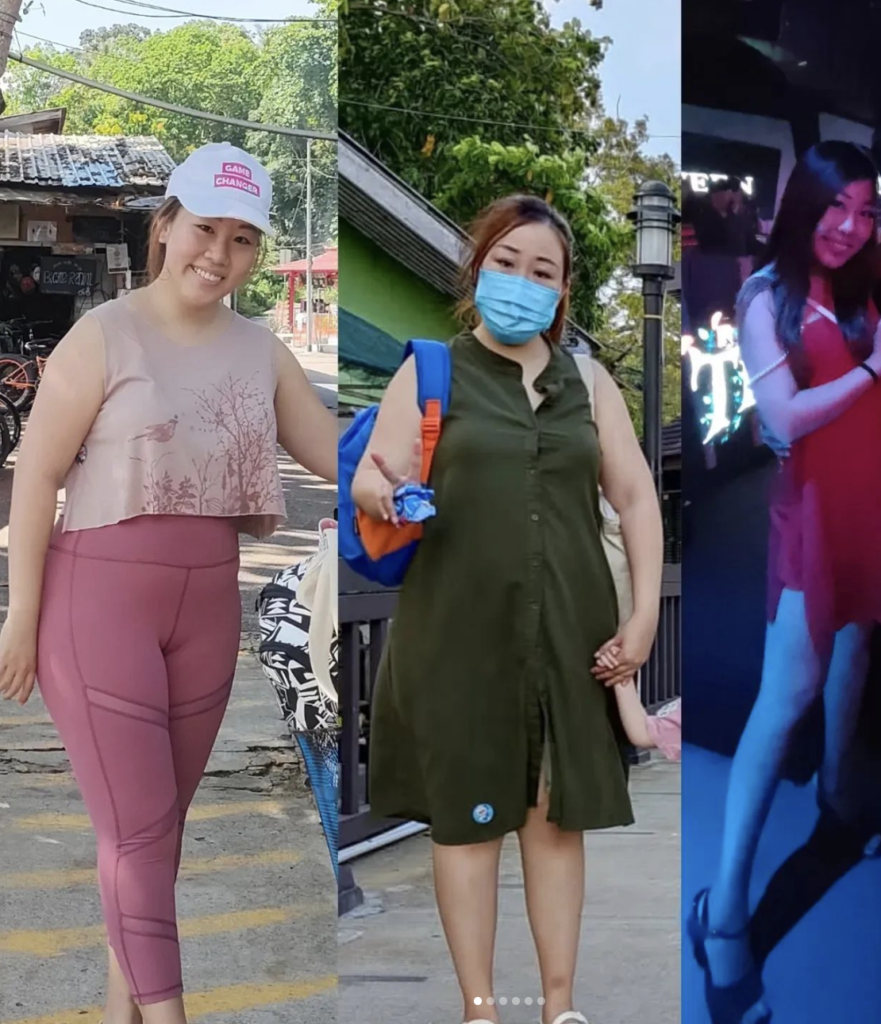We thought we were moving forward, but might our life of comfort and modern day luxuries be ruining our health instead?
Over the years, as I watched friends around me get diagnosed with cancer, I wondered why they were getting cancer when they were still young and fit – in their 30s and 40s – until I realised this was in line with the growing incidence of cancer among younger folks globally.

In recent years, the unexplained rise of cancer among millennials has also left scientists scratching their heads, as the cancer rates in industrialised nations have increased faster for those aged 25 – 29 years old vs. any other age group in the last 30 years.
I don’t know about you, but I find this super worrying – especially after seeing more of my friends around me succumb to cancer.

Researchers have no definitive explanation for why people in the prime of life seem to be markedly more vulnerable to the disease than their counterparts in earlier generations. As a result, the Cancer Research UK has launched a joint research initiative with the US National Cancer Institute to learn more about the causes of early onset cancer. I’m hoping some answers will be made clear soon.
This trend has several economic and social implications. For us as consumers, it raises the question of whether we need to start planning and setting aside budget for more insurance protection to guard against these (higher) financial risks now. For families and for societies, it is also worrying that doctors are reporting operations on more patients under 40 (including a renowned London cancer hospital that recently treated a super-fit, international sportswoman in her 30s).

Scientists are increasingly convinced that changes to nutrition and ways of living that began in the middle of the last century might hold part of the key to the puzzle. While they are still trying to figure out what is causing the increase (recent studies are starting to reveal that our consumption of ultra-processed food might be a culprit), one thing that is certain is that the odds have changed to become a startling 1 in every 4 to 5 people in Singapore may develop cancer in their lifetime.
For now, the consumption of food high in saturated fat and sugar is believed to alter the composition of our microbiome in ways that can harm an individual’s health. While these changes affect people of all ages, researchers believe it is highly significant that cases of early onset cancer started to rise from around 1990. After all, people born in the 1960s belonged to the first generation exposed from infancy to the modernised diets, lifestyle and environmental changes that started to become the norm in the developed world that we’re used to today.
There were other changes that happened in parallel as our world modernized: our lifetyles became more sedentary, our “me time” started to look more like watching Netflix on the couch or gaming at our computers instead of going for rollerblading or cycling (which used to be my hobbies when I was in my teens), plus there have been significant changes to our sleep patterns and repeated exposure to bright light at night that are affecting circadian rhythms and our metabolism.
What’s more, in a foodie nation like Singapore, seeking out good food has become almost like a “national pastime”, evident by the rise of food blogs and the popularity of food content on social media platforms. The fact that the same topic – food – is often the highest-ranked and highest-viewed content across Instagram, Facebook, TikTok and all other content platforms here in Singapore is one that we should start becoming more conscious of. If we do not start to change our relationship with food, then it won’t be just our weight – or figures – that will suffer.
And if we start making our decisions based on the statistics about rising cancer incidence among the young (under 40s) in developed nations, then it is likely that most of us will need to concurrently
(i) increase our insurance coverage and
(ii) start making some hard changes to our lifestyles.

I’ve already done the latter – see how I went from being “clinically obese” to losing 20kg here – but now I’m rethinking if there’s a need to increase our level of insurance protection as well, and if so, by how much.
Against the backdrop of MOH’s latest Cancer Drug List – where we now know that we will no longer be able to claim 100% of our medical costs for cancer from our Integrated Shield plans – we will likely need critical illness / cancer insurance to plug the gap. The question is, how much more is enough?
And how much will become excessive?
These are questions that no one really has exact answers to.
In the meantime, if you’ve simply focused on ramping up your financial protection against such health incidences, here’s a reminder to focus on lifestyle change as well.
Make this year the year you not only improve your finances, but also clean up your health and put an end to unhealthy lifestyle habits that you really don’t want to pay for in the years to come.

